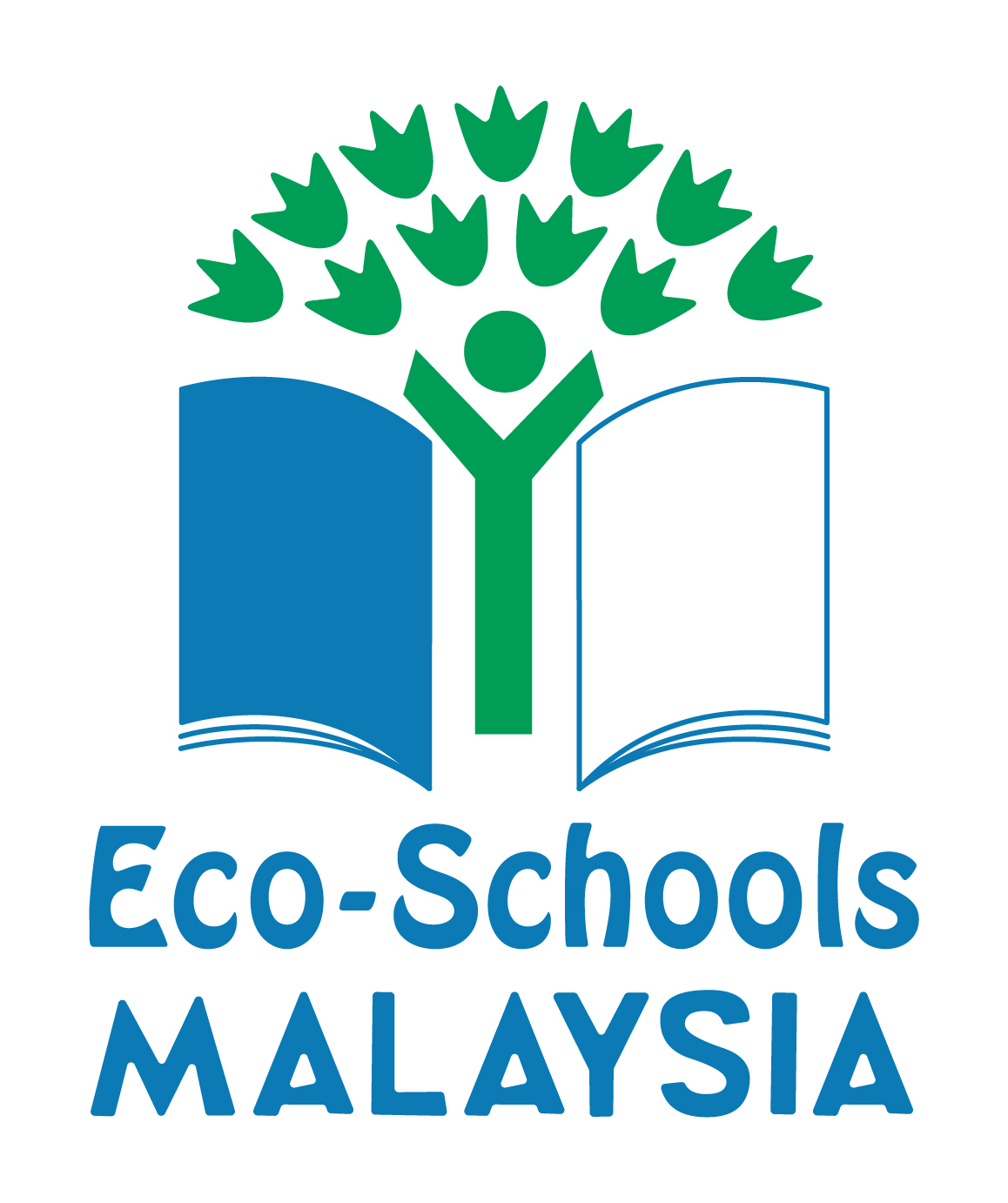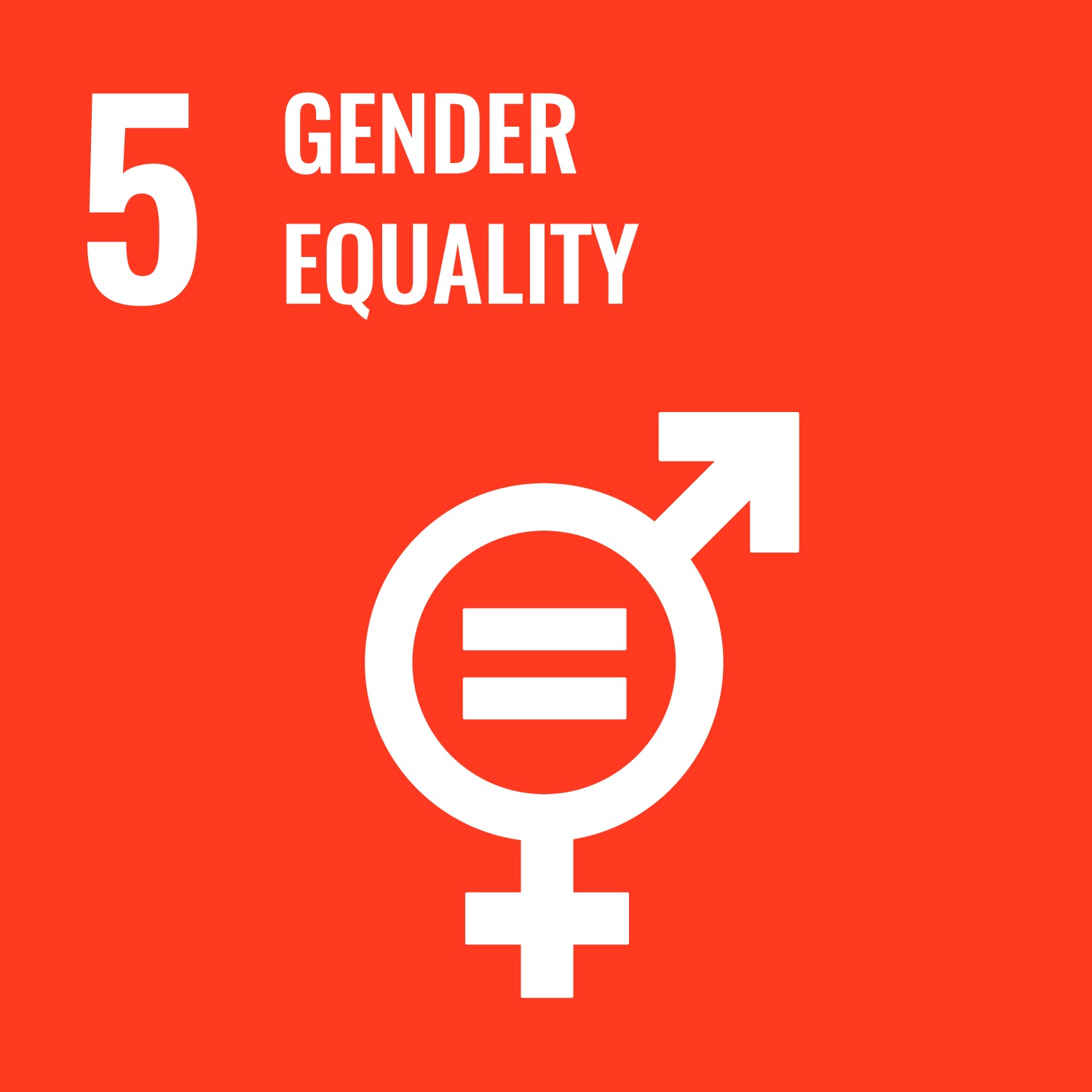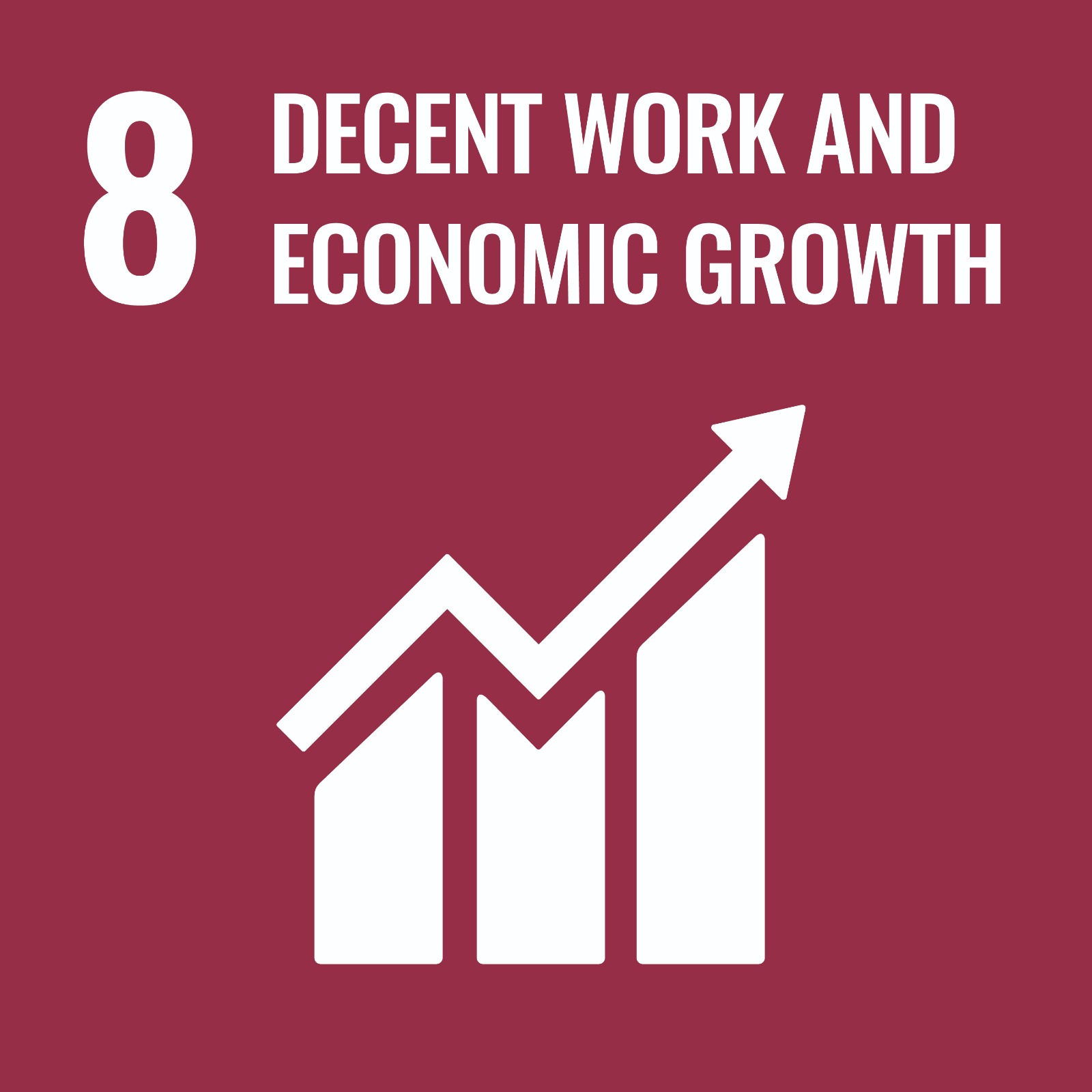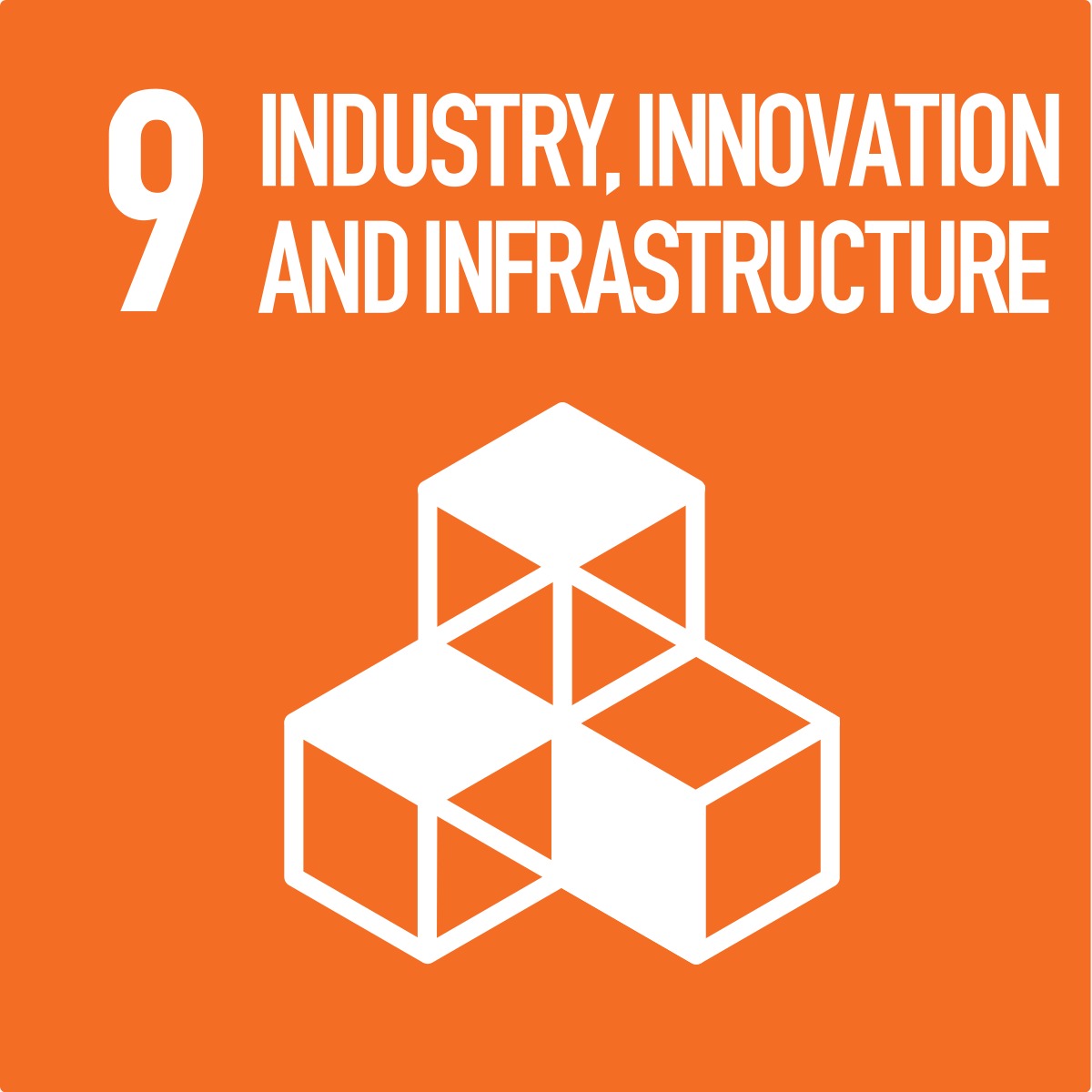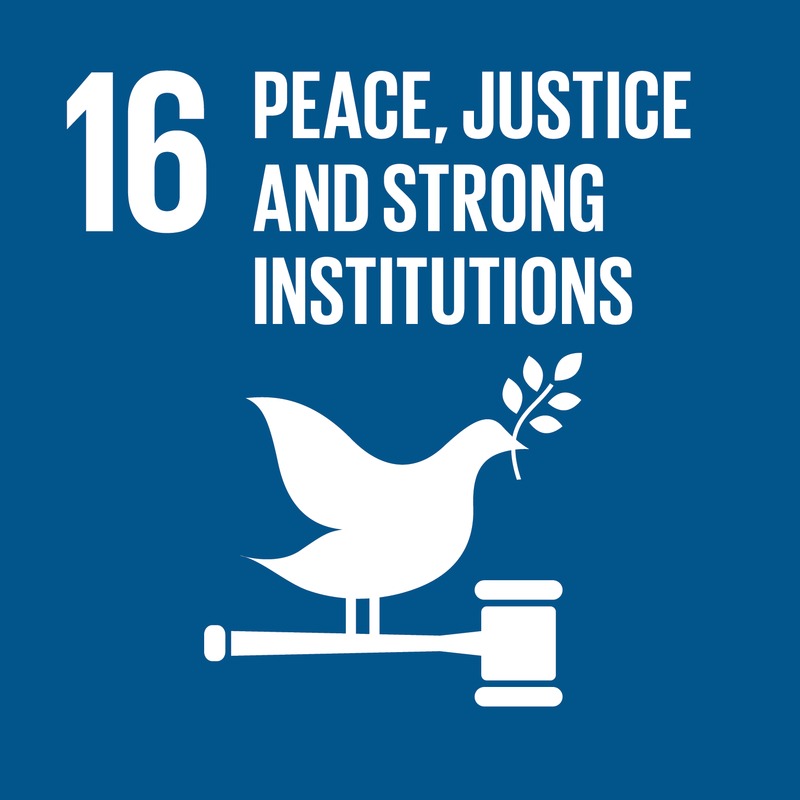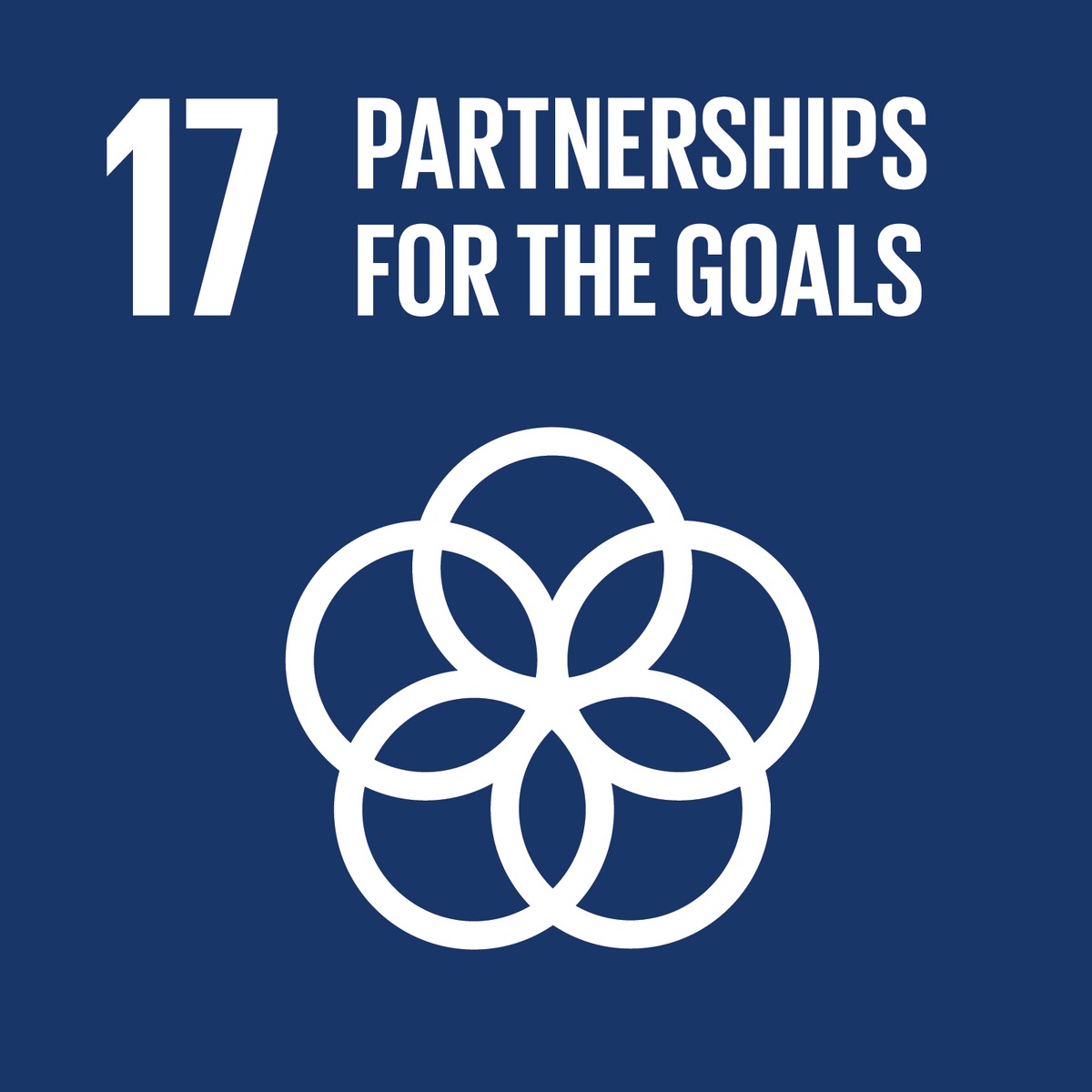Eco-Schools & the United Nations
Sustainable Development Goals
Eco-Schools reflect the following
Sustainable Development Goals (SDGs)
On 25-27 September 2015, at the United Nations Headquarters in New York, the Heads of State, Government and High Representatives agreed upon the 17 Sustainable Development Goals (SDGs) for 2015-2030. They nominated 2015 as a landmark year for sustainability, as the transformative agenda for people-centred targets for the coming years is set to face contemporary global challenges. The economic, social and environmental dimensions of the SDGs seek to address poverty, hunger, disease, fear and violence, education, healthcare, social protection, sanitation, safety, sustainable habitats and energy. This document constitutes Eco-Schools’ engagement in and contribution to the Sustainable Development Goals and can be downloaded separately here.
 |
How Eco-Schools Addresses this SDG | Suggested Theme Link |
|---|---|---|
|
|
No PovertyEco-Schools is an inclusive programme which can be adapted to any social and cultural background. |
Global Citizenship |
|
|
Zero HungerSeveral Eco-Schools Themes promote improved nutrition and sustainable food production. Many schools have gardens to teach about sustainable growing techniques, local food products, and the importance of biodiversity in agriculture. |
School Grounds |
|
|
Good Health and Well-beingThe Health & Wellbeing Theme promotes the health and wellbeing of students and the wider community and makes environmental connections to health and safety. |
Health & Wellbeing |
|
|
Quality EducationThe Eco-Schools methodology is a powerful tool for providing quality Education for Sustainable Development at all school levels. Its whole institution approach ensures an inclusive implementation throughout the whole kindergarten, school or campus, and the involvement of all children and students. |
All Themes |
|
|
Gender EqualityThe implementation of the Eco-Schools programme also works towards the achievement of gender equality by giving all students and teachers the equal right to participate in the Eco Committee and the activities which are related to the Eco-Schools programme. |
All Themes |
|
|
Clean Water and SanitationWithin the Eco-Schools programme students are being sensitised to the sustainable use of water and sanitation. The Water Theme especially focuses on this issue by providing an introduction to the importance of water both locally and globally and by raising awareness of how simple actions can substantially cut down water use. |
Water |
|
|
Affordable and Clean EnergyThe Eco-Schools programme promotes energy saving initiatives and innovative solutions to reduce energy consumption within the schools. within students’ and teachers’ homes, as well as within the wider community. All members of the school work together to increase the awareness of energy issues and to improve the energy efficiency within the school. Furthermore, the students learn how to save energy at home. |
Energy |
|
|
Decent Work and Economic GrowthThe Eco-Schools programme promotes and fosters a deep understanding of sustainability issues among students which are also of increasing importance in the working environment. Through the implementation of the programme, students learn how to take leadership in sustainable development and to find sustainable solutions. The knowledge and experiences gained through the Eco-Schools programme can later arouse their interest in employment related to sustainability issues and broaden their opportunities in the labour market. |
All Themes |
|
|
Industry, Innovation and InfrastructureThrough the implementation of the Eco-Schools programme, innovation in sustainable development is enhanced within the education sector. Especially, EcoCampus provides a framework for scientific research in sustainable innovations and practices. |
Transport |
|
|
Reduced InequalitiesEco-Schools is a global programme, allowing the adaptation to national and local cultures and contexts. To date, almost 70 countries on six continents have joined the programme, and the international coordination of Eco-Schools is continuously encouraging new countries to participate in the programme in order to widen the network and to give access to Education for Sustainable Development to all. |
Global Citizenship |
|
|
Sustainable Cities and CommunitiesBy integrating Themes such as Sustainable Living Waste Management and Responsible Consumption into the curriculum, students learn how to reduce the environmental impact of their schools as well as of their personal lifestyles. Through the fostering of responsible behaviour within the school environment, students will also learn how to value and protect the cultural and natural heritage in their countries, as well as abroad. |
Litter Waste |
|
|
Responsible Consumption and ProductionThe Eco-Schools programme supports responsible consumption and production th through many of its Themes. Students are encouraged to to reflect on their consumption habits and develop ideas and solutions for a more sustainable use of resources. Furthermore, education on resources. Fur recycling and the reduction of waste are integral parts of the Eco-Schools programme. Through the Litter Less Campaign, which is a joint initiative of the Wrigley Company Foundation and FEE, students are educated about litter, encouraging a long-term behavioural change. |
Waste |
|
|
Climate ActionMany of the countries running the Eco-Schools programme help schools and communities build Climate Change resilience. Examples of school activities include projects for rainwater harvesting, soil stabilisation, food production, sanitation, and waste management, amongst many others. |
Climate Change |
|
|
Life Below WaterMarine litter and the exploitation of the oceans are two of the most urgent matters of the twenty-first century, which is why one of Eco- Schools Themes is especially based on marine and coastal environments. Students learn about the sources of marine litter and its negative effects on the marine flora and fauna. Furthermore, the importance of using the oceans’ resources responsibly is communicated to the students. |
Marine & Coast |
|
|
Life On LandThe Eco-Schools programme promotes the protection, restoration and the sustainable u use of terrestrial ecosystems through many different activities developed and implemented by the Eco Committee and the pupils. The Great Plant Hunt, a joint initiative of Toyota Motor Europe and FEE, is a special campaign which focuses on biodiversity with a particular emphasis on plants and their associated species. It aims to educate students about biodiversity, its importance, and encourage them to take positive action. |
Biodiversity & Nature |
|
|
Peace, Justice and Strong InstitutionsJustice and democratic values are integral elements of the Eco-Schools programme. Through the Eco Committee the pupils learn how democratic decision-making works and how to respect the views and opinions of others. |
Global Citizenship |
|
|
Partnerships For The GoalsThrough Education for Sustainable Development, the Sustainable Development Goals are implemented within the Eco-Schools network worldwide. Nationally and internationally, the programme cooperates with institutional and corporate partners to develop new projects and to support initiatives that also help towards sustainable development. Amongst others, a Memorandum of Understanding with The International Foundation for the Young Masters Programme (SYMP) for the promotion of overall sustainability awareness and the educational platform TheGoals.org on sustainable development was signed. |
Eco Partner |
Positive Actions for the Sustainable Development Goals
There are two aspects to learning sustainability – learning about the issue and engaging with the issue. Hands-on engagement with the issue helps develop the skills to take-up a given problem, and through a positive attitude, attempt to solve it.
The Eco-Schools programme empowers children to live in a world that is connected and changing, a world that they will engage with as adults. The programme is Education for Sustainable Development (ESD) in action and aims at providing every child with the opportunity to acquire the knowledge, skills, attitudes and values necessary to shape a sustainable future by integrating priority sustainable development issues into teaching and learning. The programme provides the hands-on experience of problem-solving skills (critical and creative thinking, decision making etc.), which then become competences of an active citizen.
With the enormous challenges before humanity, there is an important need for taking positive action. Our images of the future define and limit our performance. The quote by Henry Ford summarises it beautifully: “Whether you think you can, or think you can’t, you’re right.” The Sustainable Development Goals (SDGs) provide us with a vision of our common future. They set before us an Agenda to engage with for a sustainable Earth. ESD has the power to help more people share the same positive image of the future we want. The role of any Quality Education is to prepare for the societal norms and needs. The SDGs agreed by all the nations are a societal expectation on how we would like to see the development of humanity in harmony with other life forms on Earth.
In 2018, Eco-Schools published ‘Positive Actions for the Sustainable Development Goals’. The publication aims to facilitate the team involved with the implementation of the Eco-Schools – teachers, students, school management, National Operators and other stakeholders who are working with teachers to understand how the Eco-Schools programme contributes in meeting the SDG targets. ESD in a way is civic actions that help understand issues better. It makes issues tangible.
The teachers’ role in the entire process is to facilitate and guide rather than teach. The positive actions suggested in the publication establish the connections with the SDGs, and the list of positive actions are the behavioural outcomes contributing to making a progress towards an SDG through the process of ESD.

